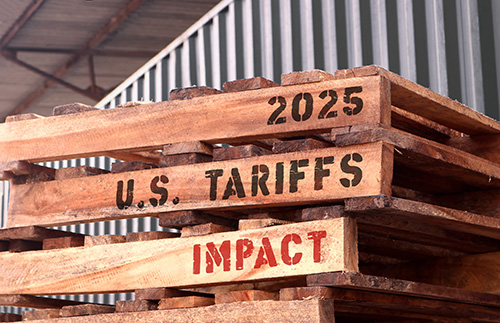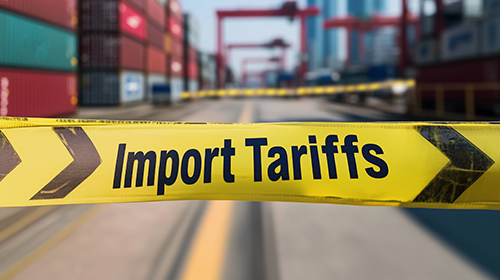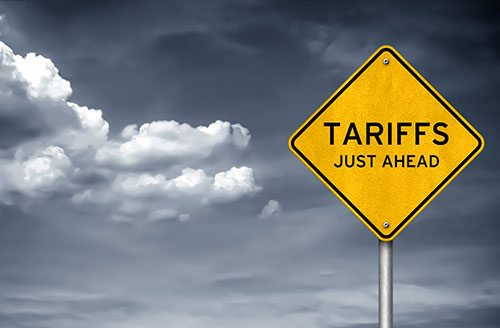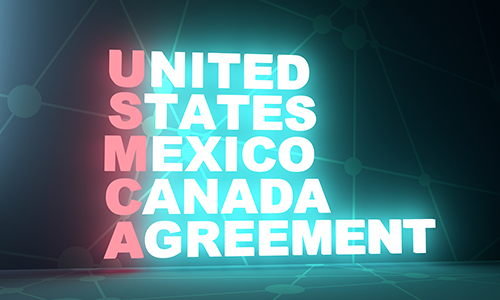President Trump issued an executive order May 12 that lowers not only the “reciprocal” tariffs the U.S. is imposing on imports from China but also the duties assessed on low-value imports from China.
Read MoreSandler, Travis & Rosenberg, P.A.
Recent Posts
The Court of International Trade ruled May 8 that it will not correct the mistaken liquidation of imports of solar panels as not subject to Section 201 safeguard tariffs.
Read More
Tariffs. The BUILT USA Act (H.R. 9827, introduced Sept. 25 by Rep. Golden, D-Maine) would impose a ten percent tariff on all goods and services imported into the U.S. Each subsequent calendar year this duty would increase or decrease by five percent depending on whether the U.S. maintains a trade deficit or surplus, respectively.
Read More
A biennial report from the Office of the U.S. Trade Representative concludes that in the four years since its entry into force the U.S.-Mexico-Canada Agreement “has had significantly positive economic impact on the U.S. and North American auto industry, benefitting producers, suppliers, and workers.” The industry “has largely rebounded from the critical input shortages and supply chain challenges” of the past few years, the report states, and “vehicle and parts producers continue to make significant investments in North American sourcing and production.”
Read More
Customs. The Fighting Trade Cheats Act (S. 805, introduced March 15 by Sens. Brown, D-Ohio, and Tillis, R-N.C.) would increase civil penalties (including monetary penalties and bans on importing) for, and improve enforcement with respect to, fraud and gross negligence under 19 USC 1592. The two senators said this bill would allow private companies to sue foreign producers.
Read More






